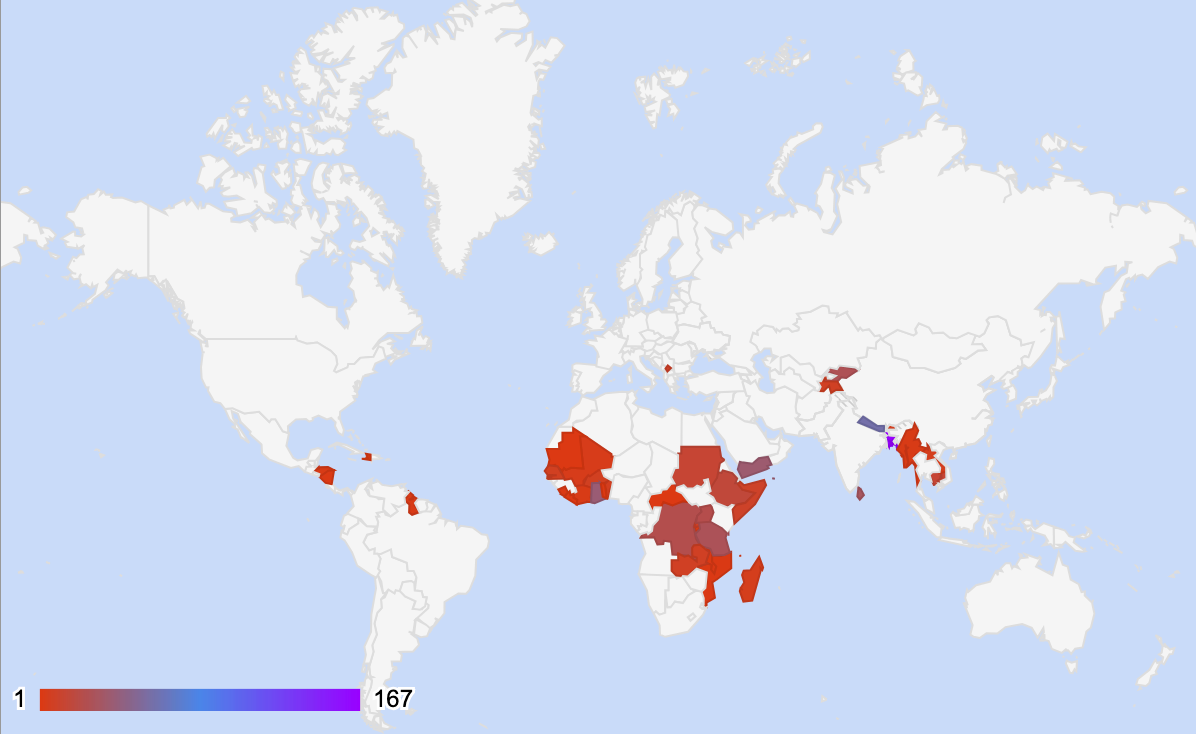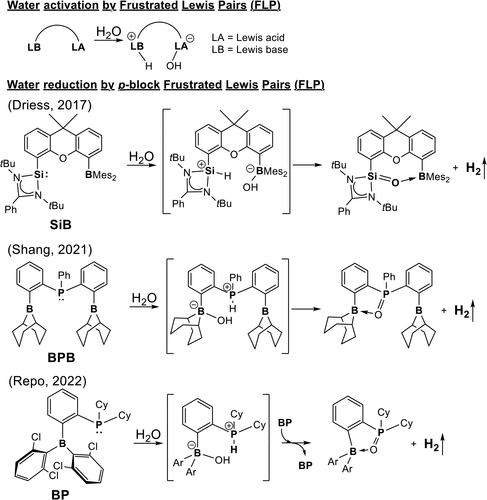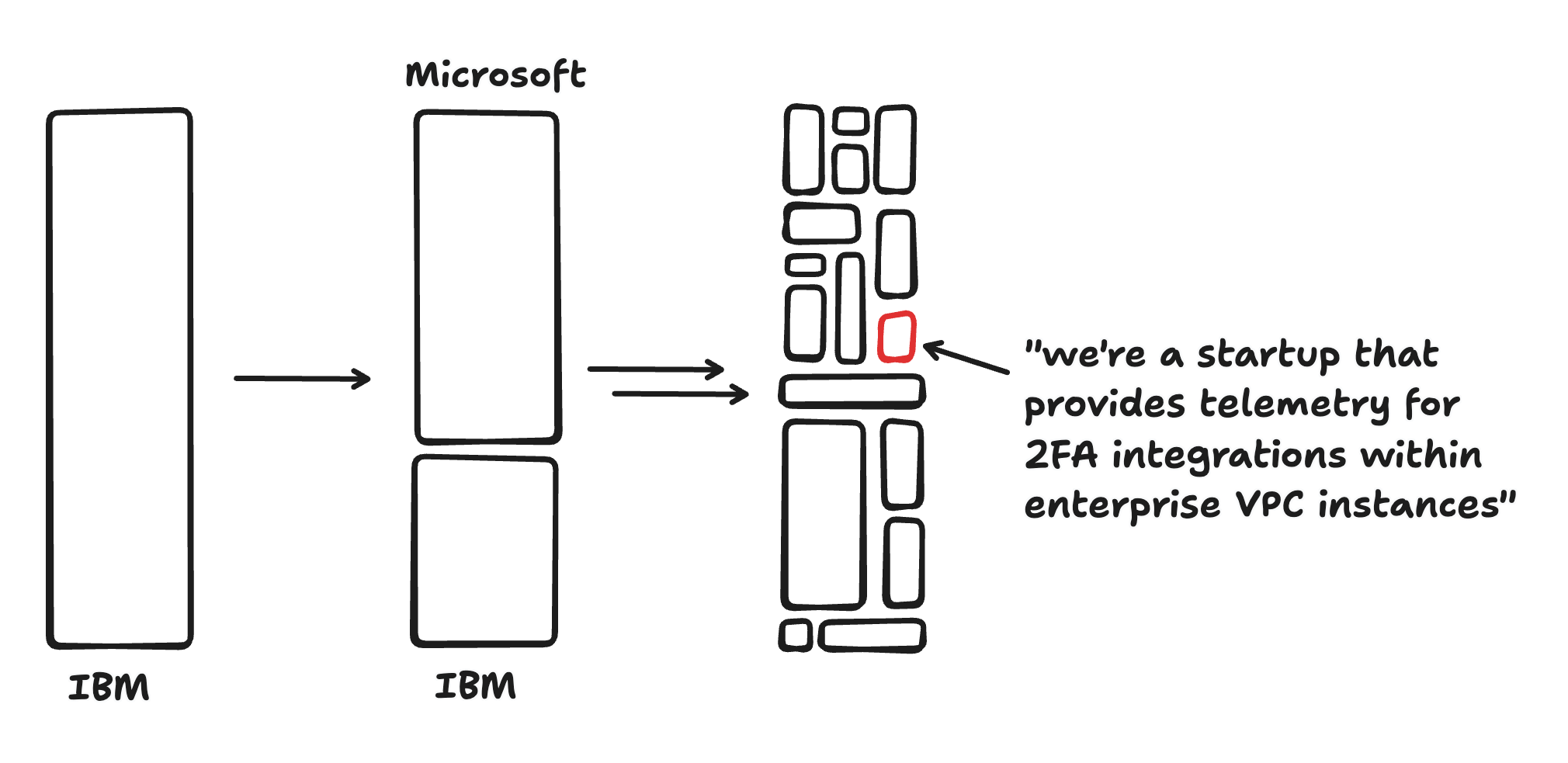Appalachian Folklore & Myths Series – The Rivesville River Monster: Ogua, Giant Turtles, and the Stories Marion County Tells Itself On a warm summer night at Rivesville in Marion County, the Monongahela River looks almost tame. Barges push coal up toward Pittsburgh. Fishermen sit on the bank near the mouth of Paw Paw Creek or lean against the rail of the pedestrian walkway, watching their lines disappear into the dark water.
Rogue Scholar Gönderileri

As Crossref membership continues to grow, finding ways to help organisations participate is an important part of our mission. Although Crossref membership is open to all organisations that produce scholarly and professional materials, cost and technical challenges can be barriers to joining for many.

We’ve seen a lot of raptors with their heads turned 180 degrees recently. Jerry Harris dropped me a line to remind me that flamingos are also perverts when it comes to neck posture.
Anmerkung zu dieser Rubrik: Das Open Research Office Berlin erstellt monatlich eine Übersicht über Termine und Veranstaltungen zu Open Access und Open Research in Berlin bzw. an Berliner Einrichtungen. Der Fokus liegt dabei auf unseren Partnereinrichtungen und auf Veranstaltungen, die sich an die Öffentlichkeit richten bzw.
Elizabeth Gadd, Reingis Hauck, and Giovanna Lima This post by Elizabeth Gadd, Reingis Hauck, and Giovanna Lima examines whether societal impact can be assessed responsibly amid growing global efforts to reform research evaluation beyond publication-based metrics.

Obtaining hydrogen from water is one of those topics that attracts lots of attention from many fronts in chemistry; on paper, it can be clean, elegant, and deceptively simple. In practice, however, water is stubborn and breaking it apart requires catalysts, large energy inputs, or clever chemistry that juggles thermodynamics and kinetics.

Das Verbundprojekt DiNaMo – Digitalisierung für nachhaltige Mobilität – startete im Januar 2023 und damit vor zwei Jahren.

Proportionality is how complex societies remain functional in the presence of uncertainty

Have you ever had that person in your team that made sure to explicitly share that they have been working during crazy hours, every single time they had to do that? (I have, and what a pleasant person to listen to.) These types of glorifications are sometimes thrown around as if they were achievements. Even though it’s not strange to work overtime or do experiments on weekends, if you are a researcher.
This blog is part of a series contributed by presenters at the International Humanitarian Studies Association (IHSA) Conference, held in Istanbul and Bergen in October 2025.
